Help break the cycle of poverty in Liboro, Philippines
In the small town of Liboro, Philippines, sponsorship has the possibility of transforming the lives of young people by sending them to school.
Funding education certainly plays a vital role in mitigating dangers for young children in South East Asia. The United Nations (UN) defines education as a fundamental human right and an indispensable tool for achieving the goals of equality, development, and peace (UN). According to the UN, education must be inclusive and accessible to all, regardless of gender, race, ethnicity, or any other status. It must also be of good quality and relevant to the needs of society, including preparing individuals for responsible citizenship and employability.
The dangers of living as street children include physical and mental vulnerabilities such as poverty, child labour, and lack of access to healthcare. By providing quality education, these dangers can be effectively addressed and reduced. UNICEF estimates that there are 150 million street children globally, with the highest numbers in developing countries in Africa, Asia, and Latin America (UNICEF)
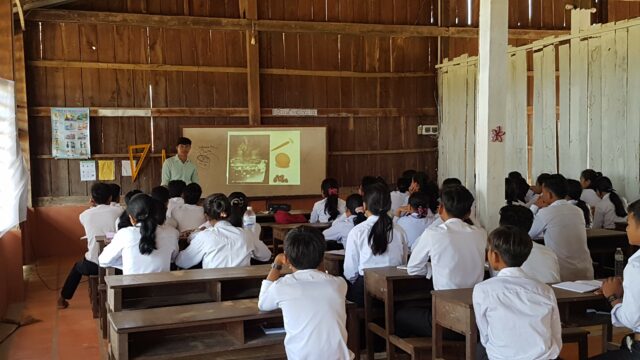
Education is one of the most effective ways to break the cycle of poverty and provide children with the skills and knowledge they need to improve their standard of living. The former Secretary-General of the United Nations, Kofi Annan, once said, “Knowledge is power. Information is liberating. Education is the premise of progress, in every society, in every family” (UN).
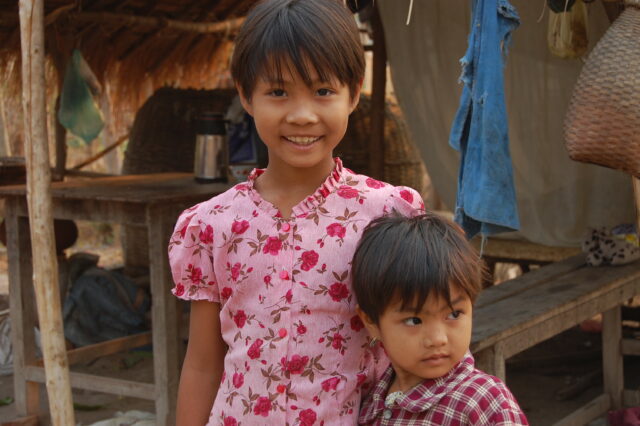
Despite the known benefits of education, young children in South East Asia face many dangers in accessing quality education. In many countries in the region, there are still significant disparities in educational opportunities, particularly for children from low-income families or rural areas. According to the United Nations Development Programme, “nearly one in three children in South East Asia are out of school, and over 50% of children in the region are not meeting minimum proficiency levels in reading and mathematics.”
Child labour is a danger that education can help address. The International Labour Organization (ILO) estimates that “around 4.3 million children in South East Asia are engaged in child labour” (ILO). Education can provide children with an alternative means of support and reduce their reliance on child labour. As the Nobel Peace Prize winner, Malala Yousafzai, stated, “Let us pick up our books and pens. They are our most powerful weapons” (UN). Education empowers children with the knowledge and skills they need to find better-paying jobs as adults, reducing their vulnerability to child labour.
Lack of access to healthcare is another danger that education can help mitigate for young children in South East Asia. Education can provide children with the knowledge they need to maintain their physical and mental health, reducing the spread of preventable diseases and improving overall health outcomes. The former First Lady of the United States, Michelle Obama, once said, “Education is not just about going to school and getting a job. It’s about giving our children the tools they need to think critically, to understand the world around them, and to become active participants in making it a better place.”
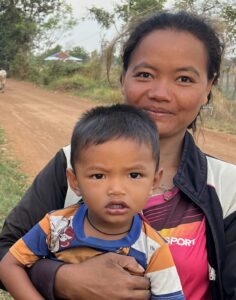
The main causes of street children can be attributed to rural exodus, as families and individuals move from rural areas (known as slums in Asia) to urban areas in search of better economic opportunities. This can result in children being separated from their families and ending up on the streets. The romanticization of success in the big city may also lure them with the idea of finding success and a better life. However, when they arrive, they often find themselves without support and facing extreme poverty, which can lead to them becoming street children. Another major cause of street children is extreme poverty in slums and other informal settlements in urban areas. Children living in these conditions may be forced to leave their homes and seek work on the streets in order to survive.
Learn more about our privacy policy here.

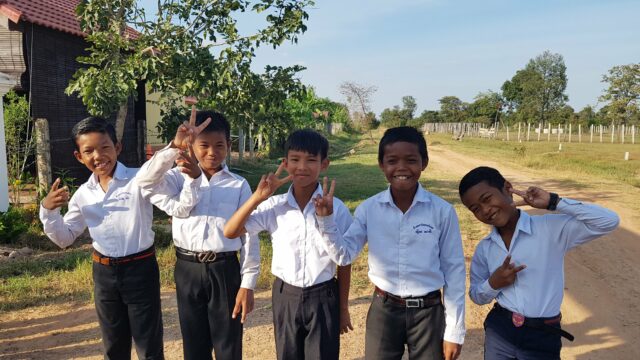
Education plays a critical role in mitigating dangers for young children in South East Asia. By providing access to quality education, children can develop the skills and knowledge they need to address poverty, child labour, and lack of access to healthcare. Education can break the cycle of poverty, reduce child labour, and improve health outcomes for young children in the region, helping to ensure a brighter future for the next generation. As Nelson Mandela once said, “Education is the most powerful weapon which you can use to change the world” (Oxford Reference).
In addition, it is important to recognize that education goes beyond just formal school settings. Non-formal education and life-skills training can also play a critical role in mitigating dangers for young children in South East Asia. These programs can provide children with the skills and knowledge they need to protect themselves from exploitation, abuse, and violence, and to make informed decisions about their health and well-being. Children of The Mekong can support the street children through child sponsorship in providing education and vocational training for substantial and sustainable employment. With the attainment of education for children in rural areas, the employment prospect as adults certainly increases. With potentially better pay and better working environments, they are then able to stay and work in their community to enhance their country’s economy.
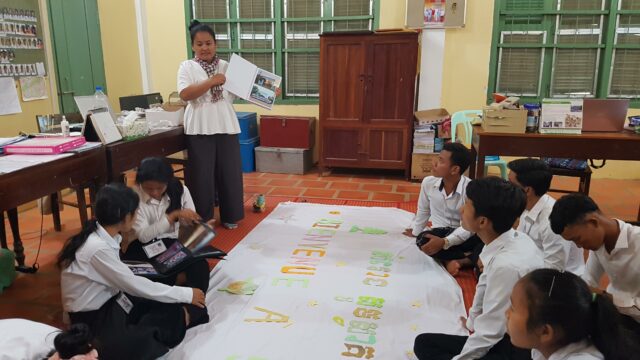
In conclusion, while education plays a critical role in mitigating dangers for young children in South East Asia, there is still much work to be done to ensure that all children in the region have access to quality education. Governments, organizations, and communities must work together to provide children with the resources and support they need to succeed, and to help ensure a brighter future for the next generation. As the former Director-General of UNESCO, Irina Bokova, once said, “Education is a human right with immense power to transform. On its foundation rest the cornerstones of freedom, democracy and sustainable human development” (Global Partnership for Education).
Join us now in providing access to education by sponsoring a child for £28/month.
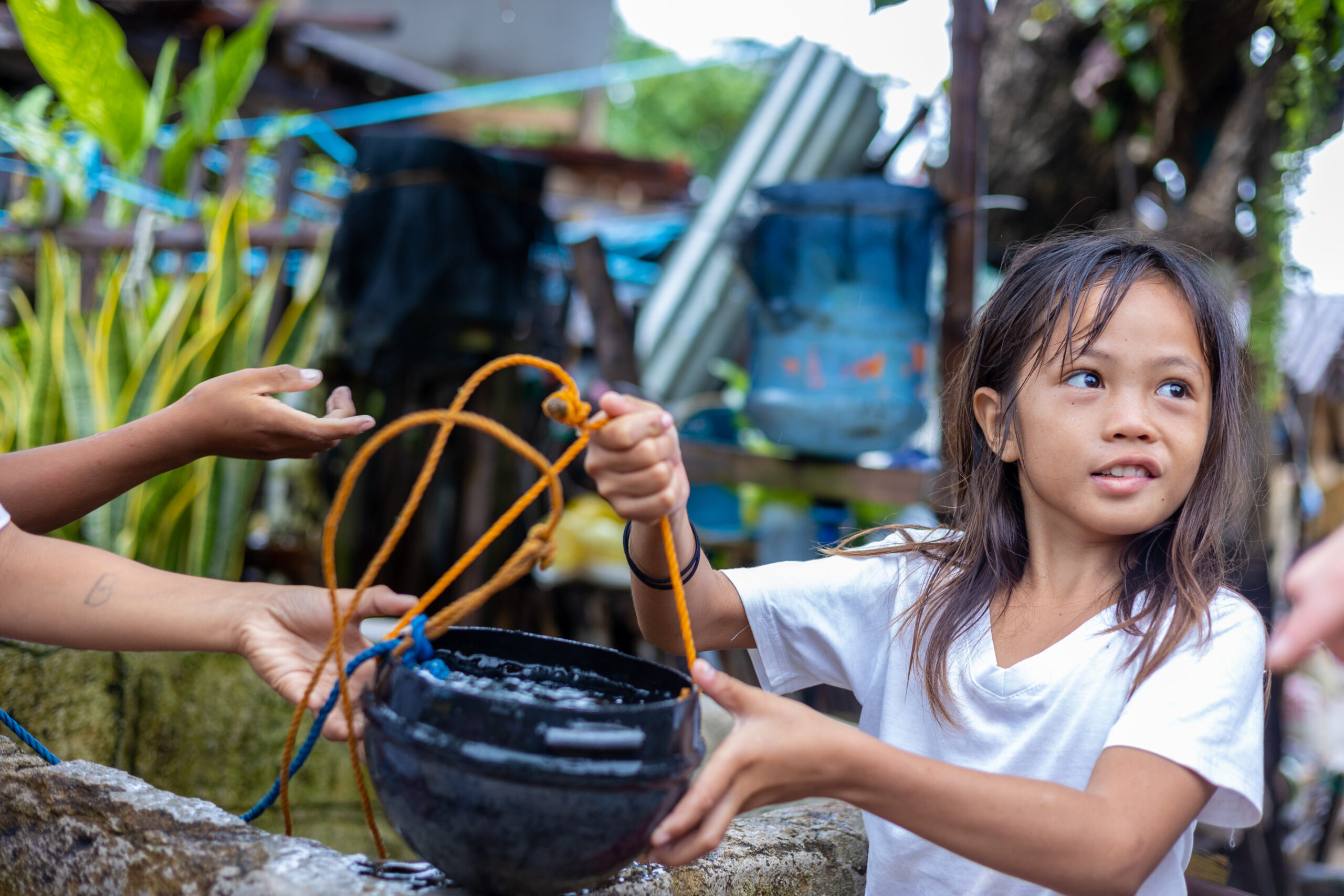
In the small town of Liboro, Philippines, sponsorship has the possibility of transforming the lives of young people by sending them to school.
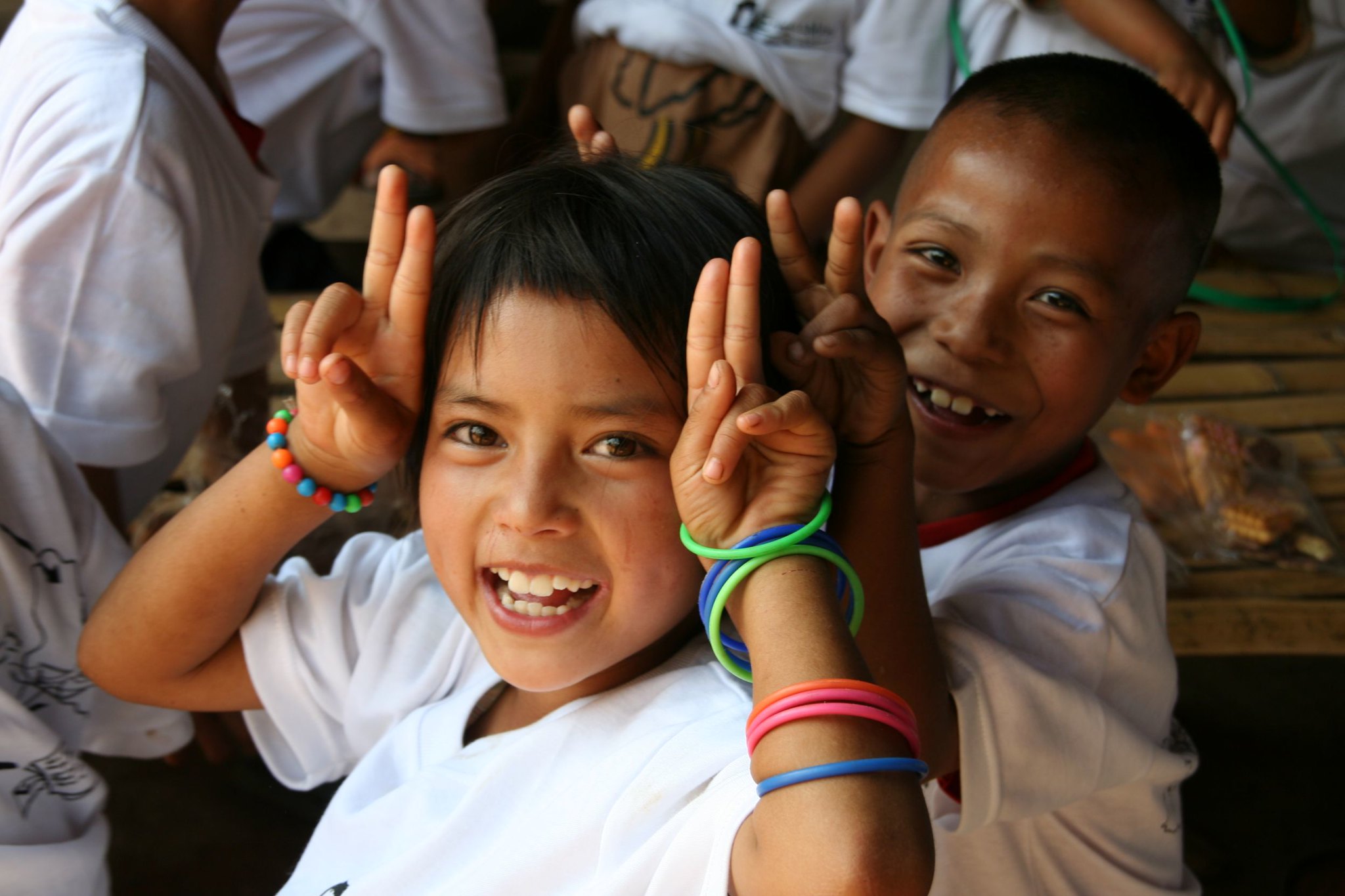
In this neglect community not far from Bangkok, sponsorship is vital in supporting the basic needs of families, enabling their children to attend school. […]
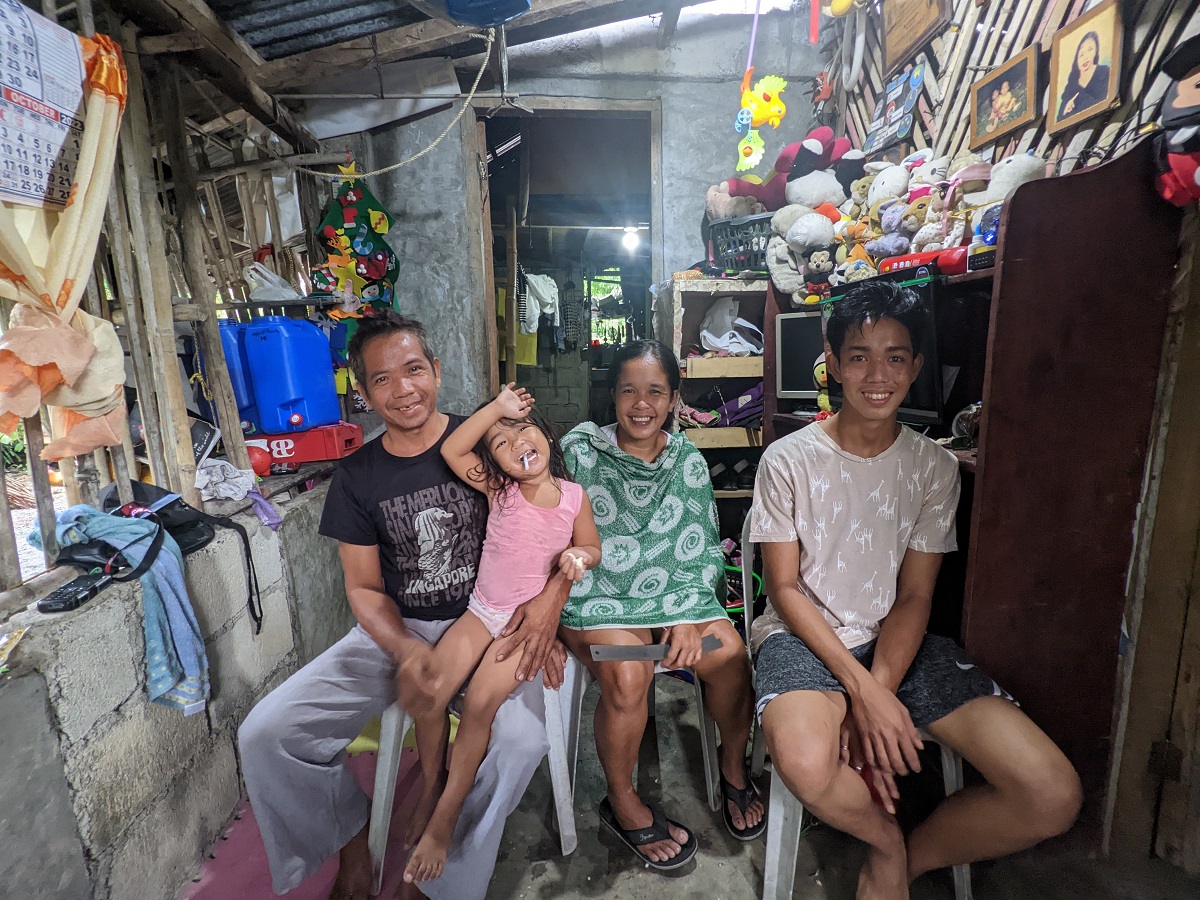
In this isolated region in the north of the country, it is difficult if not impossible for the poorest families to send their children […]